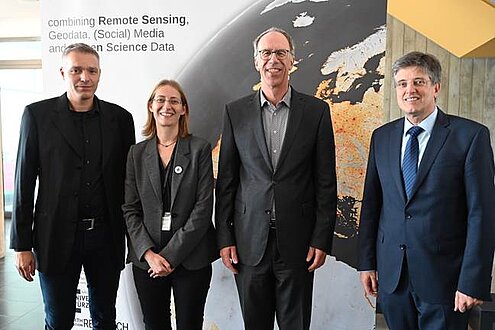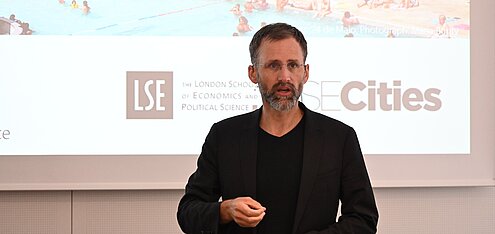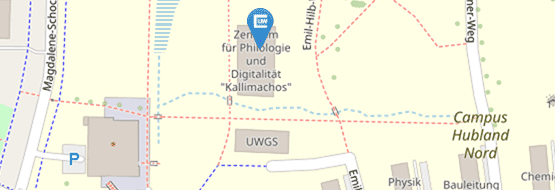Geolingual Studies Workshop - September 2023
Between the 26th and 28th of September 2023 our research unit held the workshop: "Geolingual Studies: A New Research Direction".
In the talks, new approaches to urban spaces regarding the interrelation between physical space and human behaviour, the shaping of identities, and the perception of space were presented.
Based on a diverse range of data (e. g. from social media) the focus laid on topics such as migration, mobility, COVID, and sensory experiences in the city, with the aim to foster the exchange of ideas between different disciplines.
Below you can find more detailed information on the workshop.
Day 1
The Geolingual Studies workshop was today opened by the President of the University, Prof. Pauli. In his speech, he emphasized the relevance of the interdisciplinary cooperation – of the Chair of English Linguistics with the Chair of Global Urbanization and Remote Sensing and with the various partners across the globe. The Dean of the Faculty of Philosophy, Prof. Baier, emphasized in his welcome talk that this new research direction, combining heterogeneous data sets and concepts, is highly relevant, especially in these times. And Prof. Seto from Yale University reminded the audience that “socialising the pixel” and “pixelizing the social” were trends that now need to be developed further with data sets and approaches for a deeper understanding of our society.
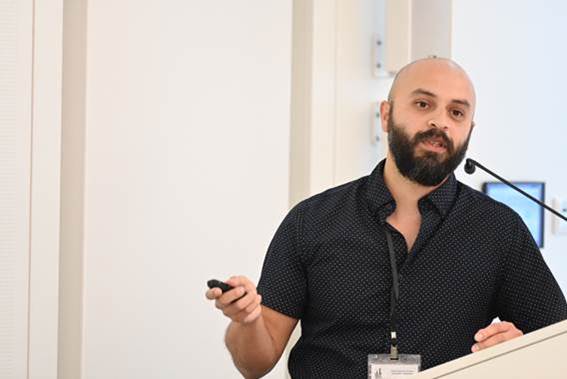
The first session “Migration & Mobility” of the Geolingual Studies workshop had a special highlight in store: Dr. Richard Lemoine Rodríguez presented a scientific study on the war in Ukraine. He showed how social network data can be used to identify the issues that are on the minds of migrants fleeing from the war at different stages of their escape from the country. This data-driven analysis was then mirrored by Kyryl Hrinchenko, a Ukrainian migrant, who had to experience the horror of the refugee experience with his family. His very personal, emotional story of escape reflected the rational scientific data view with experiences from the unfortunately often cruel reality.In addition, the migration in general and the refugee crisis in particular in a different part of the world, in West Africa, was also a topic of this session.
Day 2
The second day of the Geolingual Studies workshop started with an inspiring keynote held by Dr. Peter Zeile from the Karlsruhe Institute of Technology (KIT). His talk was titled: “People Centric Urban Data – Crowdsourcing, Emotions, Bicycles and more”. He presented urban planning as the attempt to eliminate a “wicked problem” all factors must be considered and weighted within the framework of the consideration. This talk introduced how to get data about the residents of the city to assess invisible factors that are difficult to measure by established methods – for example, cycling, digital methods and emotions as examples of planning tools.
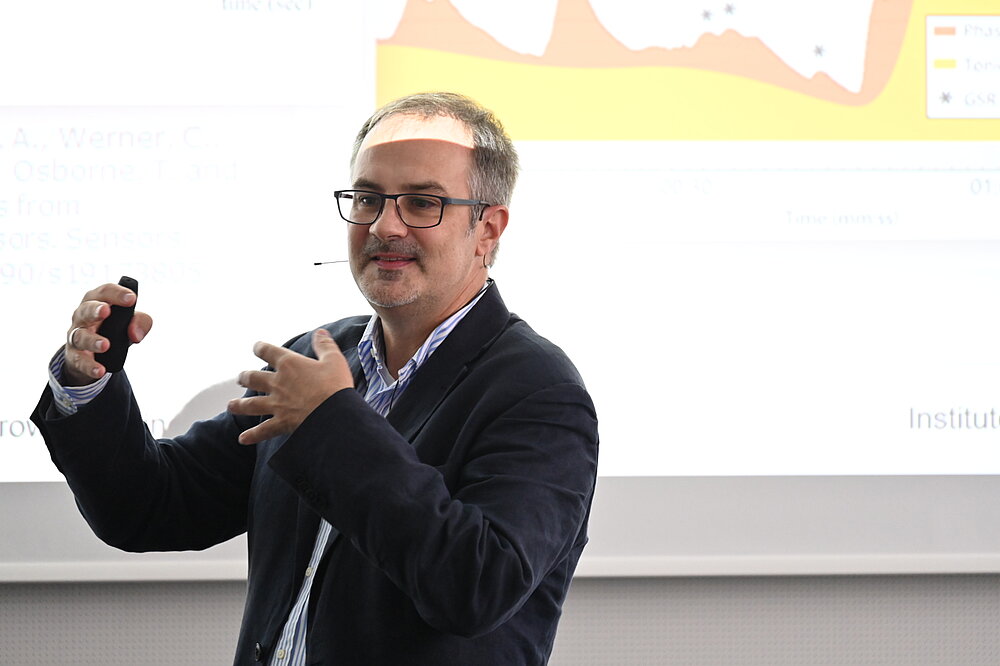
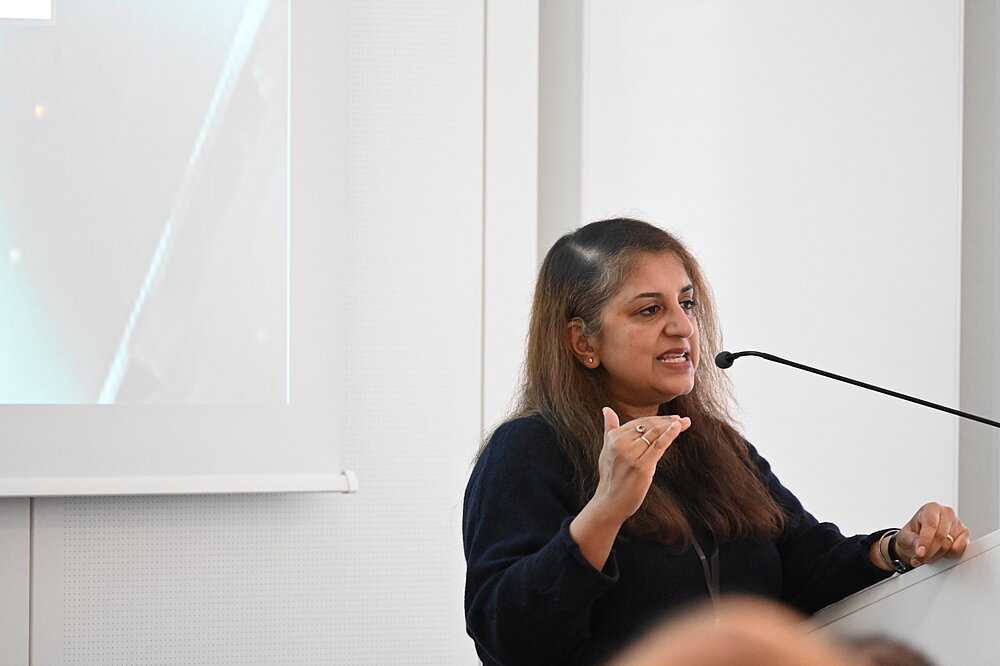
Day 3
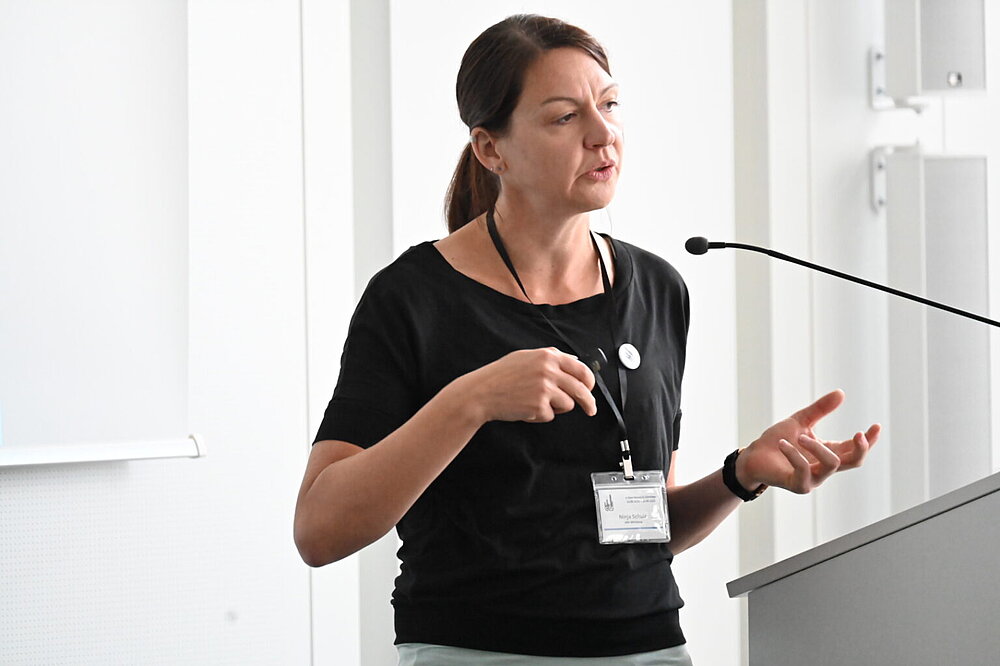
On the final day of the Geolingual Studies workshop, the highly anticipated session titled ‘Language and Space during the COVID Pandemic’ took center stage. The gathering delved deep into the impact of the pandemic on language and its interaction with physical surroundings. Ninja Schulz, a renowned expert in the field, captivated the audience with a captivating exploration of Twitter discourses during COVID-19 lockdowns in Edinburgh, analyzing the diverse perspectives from different wards. Zuzana Elliott, an insightful researcher, presented her groundbreaking work on language, migration, and the role of Twitter in the context of London. The session also featured the brilliant contribution of Dominik Kremer, who shed light on the regionalization of the pandemic through the use of spatial metaphors and toponyms during its early days. We extend our heartfelt gratitude to all participants for their valuable scientific exchange, fostering the potential for future collaborations that hold tremendous promise.
We thank all participants and speakers for this very productive and interesting conference. We are looking forward to future workshops and conferences. As always feel free to reach out for any questions or collaborations: geolingualstudies@uni-wuerzburg.de


